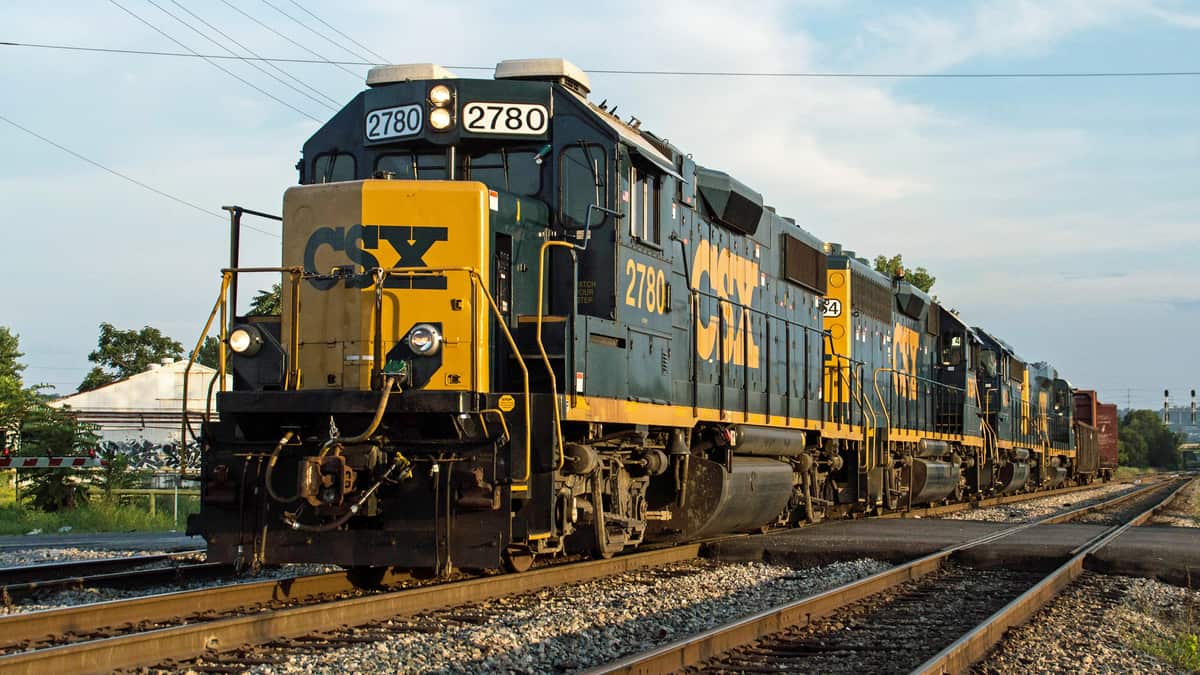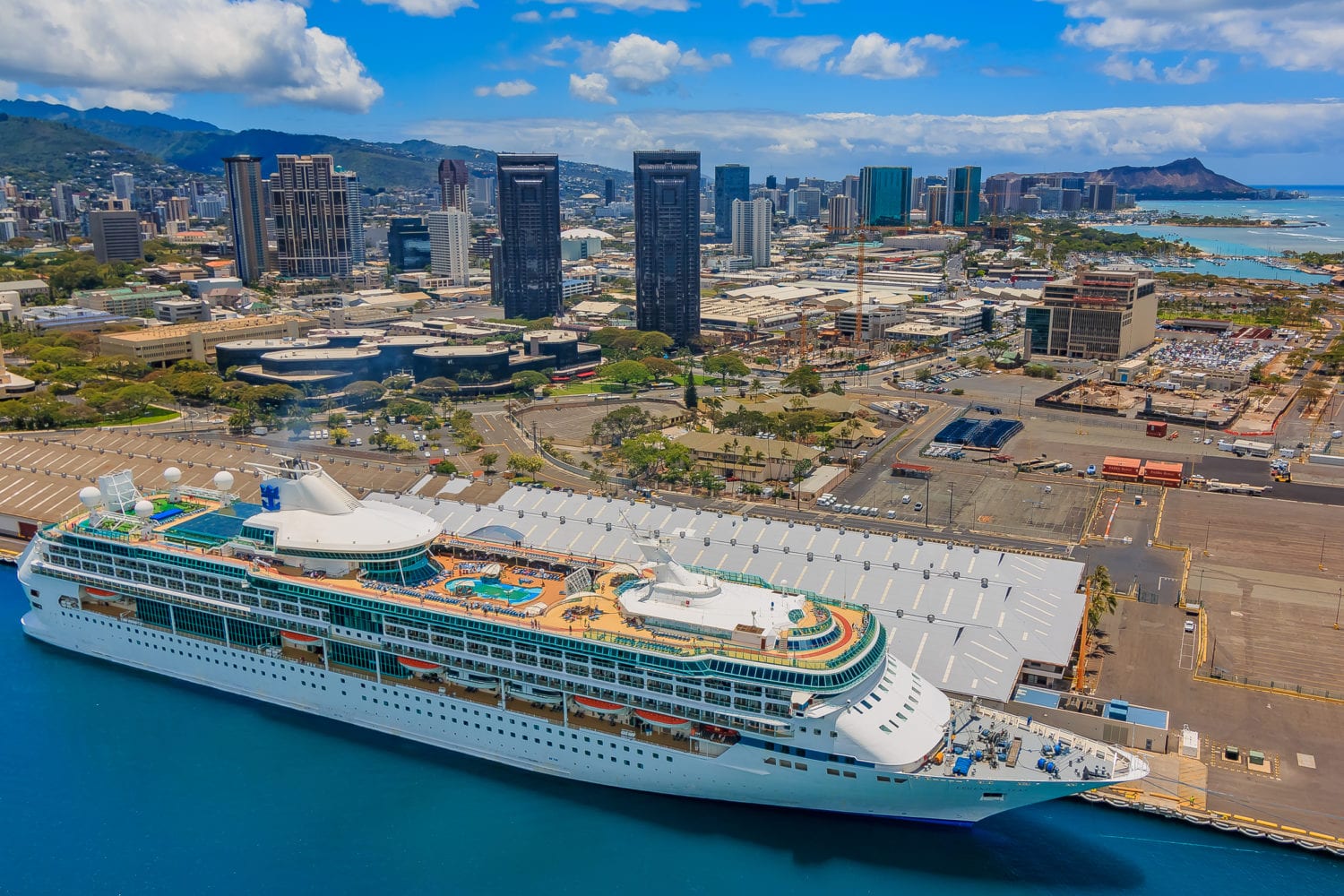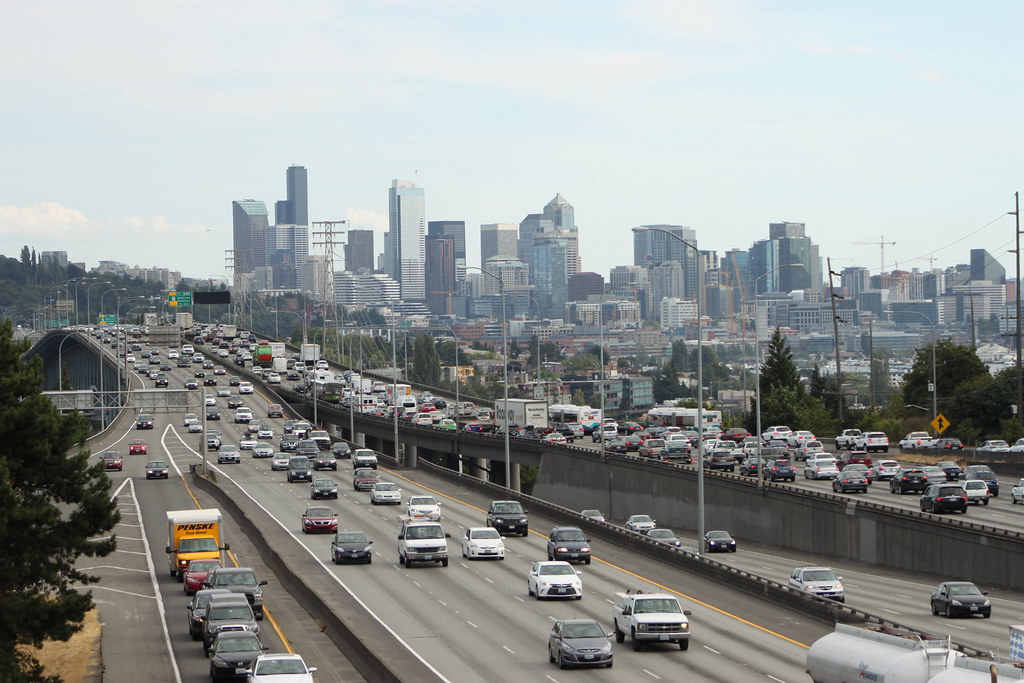Proposed regulations on rail industry will worsen supply chains, inflation, opponents argue

The Biden administration’s proposed new regulations on the railroad industry will have adverse economic consequences for the industry and consumers, a wide range of groups argue.
The U.S. Surface Transportation Board held a two-day hearing this week on a Notice of Proposed Rulemaking (NPRM) it issued earlier this year. One part of the plan is to regulate reciprocal switching operations to allow it to “exercise its statutory authority to require rail carriers to establish switching arrangements in certain circumstances.”
Ahead of the hearings, the board announced it had “heard informally from a broad range of stakeholders about inconsistent and unreliable rail service … with most stakeholder concerns focusing on crew shortages and inability to move trains; … of challenges including tight car supply and unfilled car orders, delays in transportation for carload and bulk traffic, … missed switches, and ineffective customer assistance.”
“The Board has gathered information showing that the existing emergency service rules are too cumbersome to be of use to shippers in need of immediate relief,” Board Chairman Martin Oberman said.
New regulations “would make it possible for a shipper to receive relief in a short but reasonable amount of time during an emergency” and provide “relief to rail customers,” he said.
Reciprocal switching already exists in the private market. The board is proposing to mandate switches of cargo, thereby forcing railroads to carry traffic for a competitor, or under more extreme circumstances, require competitors access to their private infrastructure at below market rates.
A coalition of groups opposing the NPRM, led by the Competitive Enterprise Institute, argues the new regulations “will significantly harm the ability of the nation’s freight railroads to continue their strong records of performance and investment since the passage of the Staggers Act in 1980.”
If implemented, they “would constitute a dangerous reregulatory action, one Congress has rejected and precisely the type of agency conduct under STB’s predecessor that led to the near-collapse of the railroad industry prior to the enactment of the Staggers Act,” the coalition says.
Over-regulation and heavily subsidized competition led to nearly one-quarter of the industry’s trackage filing for bankruptcy between 1970 and 1975. When Congress deregulated the railroads five years later, increased competition and industry restructuring led to the railroads becoming the most cost-effective and productive way to move freight on land, the industry says.
By 2015, privately owned freight railroads had spent over $30 billion to build and maintain locomotives, freight cars, tracks, bridges, tunnels and other infrastructure and equipment. By 2018, they were generating nearly $26 billion in tax revenue.
“America’s freight railroads operate almost exclusively on infrastructure that they own, build, maintain, and pay for themselves. By contrast, trucks, airlines, and barges operate on highways, airways, and waterways that are overwhelmingly publicly financed,” the Association of American Railroads points out.
“Forced access will needlessly complicate an exchange that is already determined by market negotiation,” the coalition said. “Railroads’ property rights will be overridden to enforce a regime of below-market rates, which will lead to less investment by railroads, diminished competitive advantage against other modes of transportation, and in the end higher prices for consumers.”
Iain Murray with the CEI told The Center Square, “It should be no surprise that freight rail is suffering from many of the same troubles affecting all other employers in the current economic uncertainty. Railroads are suffering staffing shortages that are exacerbating problems caused by high demand.”
Over-regulating the industry isn’t the answer, especially since it delivered a record amount of cargo during unprecedented challenges, opponents of the NPRM argue.
During the first half of 2021, railroads handled the highest volume of intermodal traffic ever moved in a January-June period in U.S. history, AAR said. “Some weeks in late 2020 and the first half of 2021, U.S. railroads were handling more than 300,000 containers and trailers per week, levels that no one expected when the pandemic began.”
The new regulations “would only exacerbate rail service issues now and over the long term,” and “make rail operations more complex,” Ted Greener with AAR told The Center Square. The industry’s also already been addressing labor shortages by “offering hiring bonuses, financial payments to refer-a-friend and other incentives to entice more skilled labor to fill current vacancies,” he said.
Proponents of the regulation argue freight railroad revenues “are more than ‘adequate,’ because the industry’s returns exceed its cost of capital,” Dr. Robert Shapiro, a former economic advisor to Presidents Bill Clinton and Barack Obama, wrote in a research paper.
But “profitability is not a reasonable basis for regulating an industry’s rates,” he argued. “If it were, major shipper industries should pay more, not less, because their revenue adequacy far exceeds that of the most profitable Class 1 railroad.”
Forcing more switches of cargo could actually put more workers in harm’s way, research by the Mercatus Center has found.
The National Review also identified groups that oppose the plan, noting, “It’s not often in Washington that economic analysis, consumer interests, small-business interests, safety analysis, organized labor, and environmentalism all point in the same direction.”
The NPRM remains one of Oberman’s “priorities for the Board’s attention this year,” the board said in a statement. It’s accepting comments related to the NPRM through May 23.
This article was originally posted on Proposed regulations on rail industry will worsen supply chains, inflation, opponents argue



